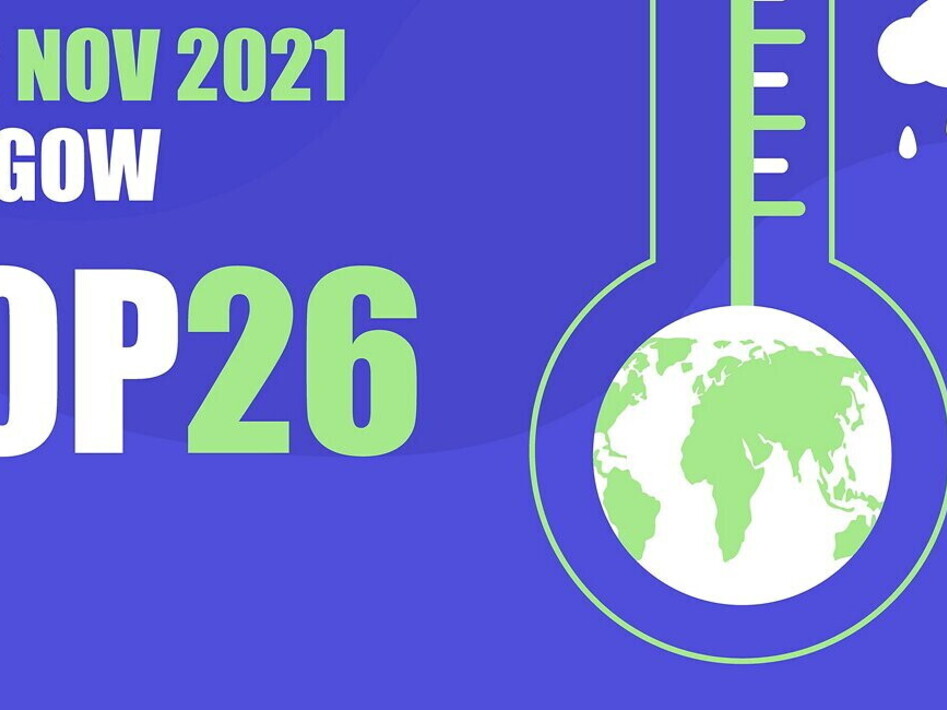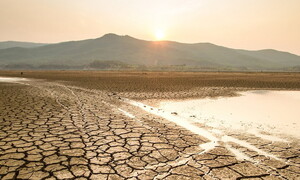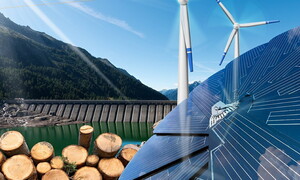Cop26 kicks off in Glasgow
31 October 2021

Sunday 31 October saw the start of the COP26, the 2021 United Nations Climate Change Conference, attended by delegates from nearly 200 countries around the world, with the aim of committing to shared initiatives to combat climate change. The meeting began with a series of official statements by the organisers and by the UK government, which hosted and coordinated the delegations’ activities. It was a formal start, pending the arrival of all heads of state and government leaders, but it already gave an idea of the challenges and negotiations in the coming days.
The first speech was by Boris Johnson, British Prime Minister, host of Cop26. Johnson stated that we are ‘one minute to midnight, on that doomsday clock’, and stressed that ‘the technology and funding exist’ to overcome climate change: “we need to act now”. Johnson then also quoted the words of activist Greta Thunberg, saying that, despite all the promises made at the 2015 Paris Agreement, the world has resorted to too much ‘blah blah blah’ on climate change: “Now is the time to get real”. Patricia Espinosa, head of the UN Framework Convention on Climate Change, said governments at COP26 had two choices: commit to drastically reducing greenhouse gas emissions or resign themselves to the idea that “humanity faces a bleak future on this planet. […] And it is for these reasons and more that we must make progress here in Glasgow: we need to make it a success.”
Despite the encouraging speeches of the various UN members and the leaders of the numerous participating countries, the premises are not very encouraging. The G20, the meeting of the 20 most economically advanced countries (and some of the world’s most polluting countries) held in Rome, was marked by the failure to attend of the presidents of China and Russia, two of the largest global CO2 emitters. Moreover, this G20 did not lead to any clear-cut commitments on the climate front.
Commenting on the start of COP26, British Prime Minister Boris Johnson said: “If Glasgow fails, the whole thing fails”. He added that world leaders must move from expressing “their aspirations, to action”, because there is a risk that the goal of limiting the global average temperature increase to 1.5°C contained in the 2015 Paris Agreement will not be achieved.


